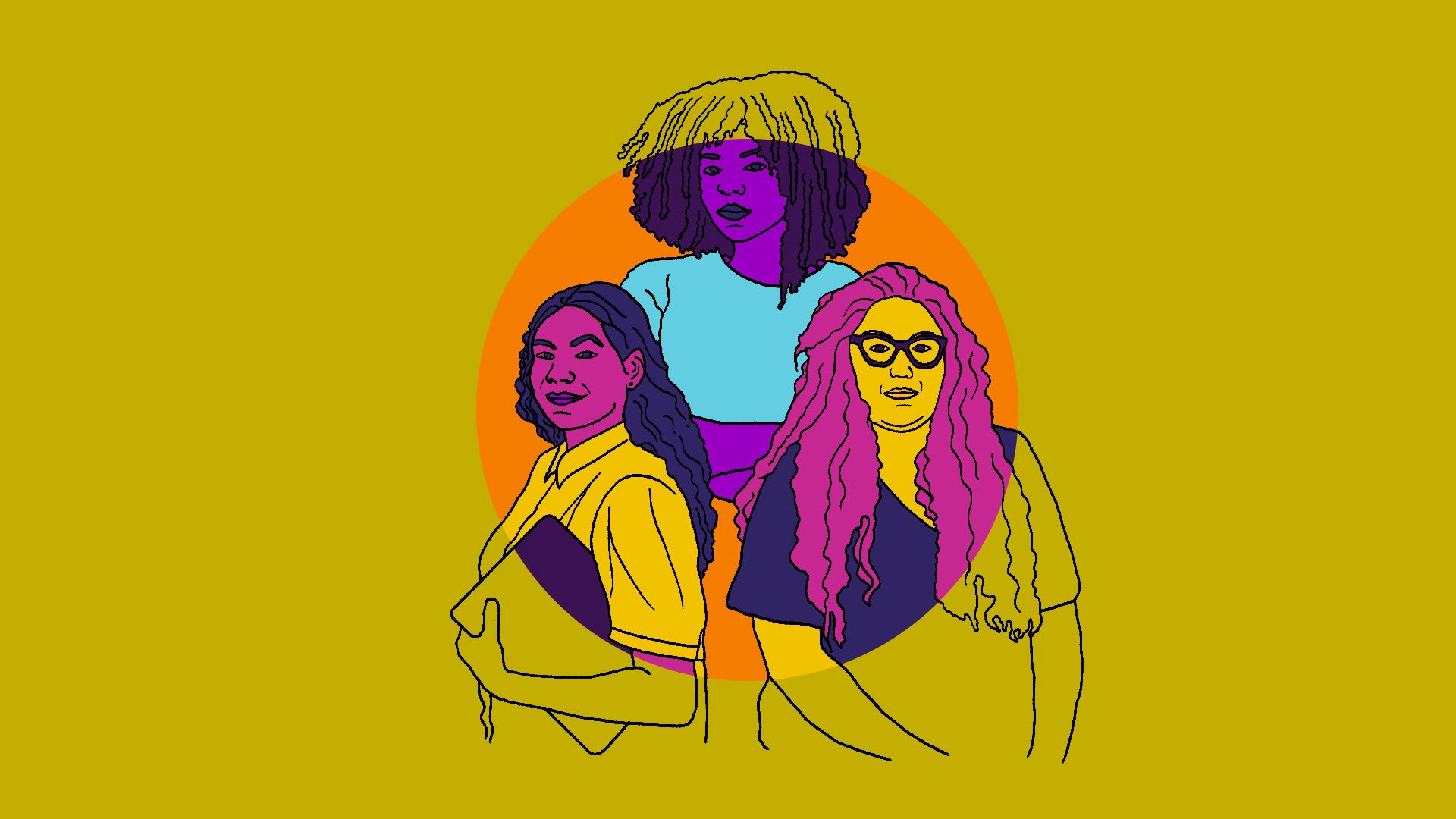Fact Sheet: Religious Discrimination Bill 2021
What does the Bill do?
The Religious Discrimination Bill 2021 aims to protect people of faith and people without faith from discrimination in specified areas of public life, such as employment, education and the provision of goods and services.
So, for example, it will provide protection in certain circumstances to someone who is:
· treated unfairly at work, or turned away from a restaurant or shop, because they have or don’t have a religious belief; or
· unreasonably prevented from wearing religious dress as part of a work or school uniform.
But the Bill also takes away rights from people who are currently protected under anti-discrimination laws.
Faith-based institutions will maintain special exemptions allowing them to discriminate against staff, students and people who rely on certain services, such as family violence services.
Making discriminatory statements lawful
Section 12 of the Religious Discrimination Bill takes away existing anti-discrimination protections, including on the grounds of sex, marital status, race, religion, disability, sexual orientation, gender identity or intersex status.
Employees, students and people accessing goods and services may no longer be protected under existing anti-discrimination laws where a person makes offensive, uninformed, insulting, demeaning or damaging statements based in or about religion.
For example, the proposed Bill may protect a manager, colleague, teacher, doctor, taxi driver or other service provider who says to a colleague, student, customer or client:
· women should not teach or exercise authority over a man’
· ‘menstruating women are unclean’
· ‘wives should submit to their husbands’
· ‘homosexuality is a sin’
· ‘disability is caused by the devil’
· ‘every child should have a mother and a father who are married’
· ‘God made only men and women’
· ‘HIV is a punishment from God’.
Statements which are malicious, that harass, threaten, intimidate or vilify, or which encourage serious offences, are not protected.[1] But the Bill makes it clear that a ‘moderately expressed’ religious view that does not incite hatred or violence does not constitute vilification.
What does the Bill mean for gender equality?
One of the greatest barriers to gender equality is tackling unconscious bias and discriminatory assumptions, norms and cultures. Women are more likely to engage in the workforce and to be promoted to leadership if workplaces are supportive. Unconscious bias has been identified as key to the persistence of the gendered wage gap. Creating safe and empathic cultures is critical to improving reporting rates for sexual and gendered violence and challenging cultural norms which condone gendered violence is central to lowering rates of violence against women. Enabling environments are key to improving the participation of women and girls in STEM subjects and careers. Girls report not considering a career in politics because the dominant political culture is seen as unsafe. In short, culture is key to gender equality.
This Bill protects people who express views which contribute to sexist cultures in workplaces and in public through the provision of services. Consider the position of the woman:
· …who would like to apply for a leadership role in her workplace but is contending with an environment in which an influential manager is telling their peers that women should be subservient to men.
· …who is a single mother who is told by her landlord that marriage is for life and that her ex has rights to her.
· …who has survived domestic violence but has to sit next to a co-worker who expresses the view that women should not be able to refuse their husbands sex in marriage.
· ...with a disability who finds concentrating on their work difficult because their co-worker keeps bringing coffee to their desk as a kind gesture to the person who has been abandoned by God.
The Bill will have a chilling effect on people calling out inappropriate comments made at work, school or in the provision of goods and services, and actively work against efforts to address unconscious bias and other cultural barriers to women’s human rights. Section 12 means that neither the Sex Discrimination Act 1984 nor any of the equivalent State or Territory legislation will protect women in these situations.
Creating a minefield for Employers
The Bill is also problematic for employers, who may find themselves having to make judgement calls on highly subjective matters before being able to act. The Bill provides that employers may not impose a rule or policy on employees which will disadvantage people with a particular belief unless the rule or policy is reasonable. For example:
An employer has been working with the Workplace Gender Equality Agency to develop a policy intended to increase the proportion of women in its executive team. One of the employer’s managers is of the view that women should not be in positions where they give instructions to men. He says this is a religious belief and that it prevents him from carrying out the policy. He says that this means that the direction to comply with the policy indirectly discriminates against him. If his position is a genuine religious belief, then he is protected by the Bill. If it is not a genuine religious belief, then the employer might end up falling foul of the Sex Discrimination Act if it allows the manager to continue to refuse to carry out the policy. There is no realistic way that the employer can objectively determine wither the religious belief is genuine. Furthermore, although the employer can defend itself against the allegation of indirect discrimination by arguing that the policy is reasonable, it cannot do so until the matter reaches court.
So what’s the answer?
ERA is strongly in support of the domestic implementation of all of Australia’s human rights commitments, including the right to freedom of thought, conscience and belief.
Pitting individual rights against each other isn’t the answer. The proposed Bill establishes a hierarchy of rights, with protection from religious discrimination placed above other protections, such as protections from discrimination on the basis of sex, age, race, disability, gender identity, marital status etc.
The answer is for Australia to enact a Human Rights Act, which sets out all of the internationally recognised human rights endorsed by Australia and which incorporates all of the current Federal discrimination legislation on an even footing. This Human Rights Act should provide a mechanism for balancing the needs of different individuals on the principle of ‘doing least harm’. Clear guidance should be made available to employers, service providers and others about how the rights should apply in practice.
This fact sheet draws on text from Equality Australia’s fact sheet on the Bill. ERA would like to thank Equality Australia for their permission to use this material. You can find EA’s factsheet on the Bill here.
[1] Bill, s 12(2).






